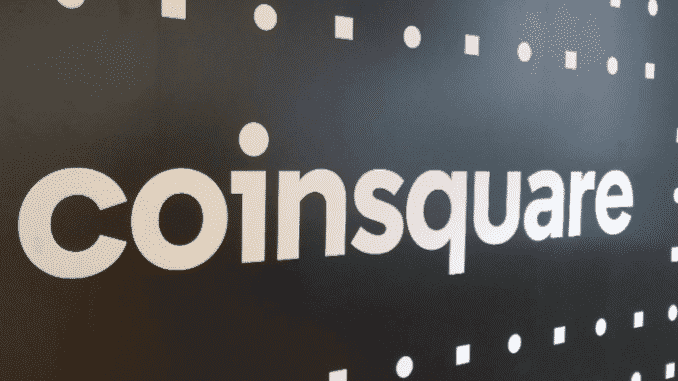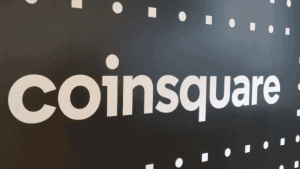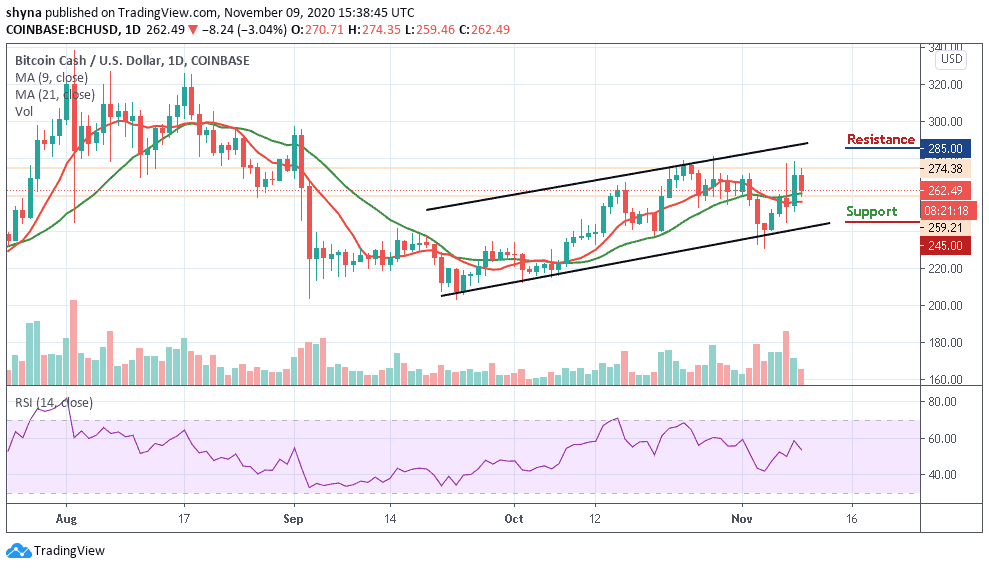Join Our Telegram channel to stay up to date on breaking news coverage
More trouble could be brewing for Canadian cryptocurrency exchange Coinsquare following the wash trading allegations against several of its top officials by the nation’s regulator. In the latest twist to the company’s saga, the Canadian Revenue Agency (CRA) has now asked it to provide details on its customers.
Fishing for Suspicious Activities – or More
According to a report from the National Post, the CRA made a filing with a court in September, asking Coinsquare to provide customer data. The agency is reportedly looking to get all of Coinsquare’s customer records and trading histories, dating back to the company’s inception in 2013.
As the report noted, the CRA explained in its filing that it needed the records to fight possible tax fraud. However, reporters also believe that the CRA plans to compare past tax records with information on the exchange’s files.
David Piccolo, a local tax lawyer, explained to the news source that the CRA could pretty much use this information totally with customers’ tax records. The agency could also expand the scope of its oversight to search for individuals and organizations under investigation.
“CRA could use this information to essentially try to verify or to match certain transactions with what was reported in Canadians’ tax filings. Then CRA does their internal risk assessment [to determine] whether these are worth pursuing in audit,” Piccolo explained.
Tax Authorities Want Information
Coinsquare’s problems became prominent back in July, when the Ontario Securities Commission (OSC) formally accused its executives of wash trading. In a filing, the OSC accused the exchange of acting in a way that contradicted Canadian securities laws, adding that several top executives – including founder Virgile Rostand, CEO Cole Diamond and chief compliance officer Felix Mazer – had spearheaded the entire thing.
It’s worth noting that the OSC’s case against Coinsquare stems from activities conducted a little over two years ago. As the agency accused, Diamond had ordered Rostand to inflate trading numbers in March 2018. Rostand eventually developed a soliton that allowed the exchange to carry out this request, executing large trades into the company’s wallets to fake the appearance of large transactions.
Between July 17, 2018, and Dec. 4, 2019, Coinsquare reportedly conducted about 840,000 of these bogus trades, with an aggregate value of around 590,000 Bitcoins, the OSC said. Those numbers represented over 90 percent of the exchange’s entire trading volumes.
Still, the CRA is looking to get information on the company’s customers since 2013. Piccolo explained that this isn’t the first time the CRA would request such an extensive amount of data from crypto companies. However, given that Coinsquare has about 200,000 users, this request could be a test of the agency’s ability to process such vast transaction amounts.
The CRA appears to be toeing the same line as the United States Internal Revenue Service (IRS), which had tried in the past, to get more details about Americans and their crypto holdings. Gradually, tax oversight is becoming a central problem.
Read more:
- Canadian Tax Agency Forces Coinsquare To Disclose Customers’ Data
- New Members Added To Board Of Coinsquare Exchange
Join Our Telegram channel to stay up to date on breaking news coverage


